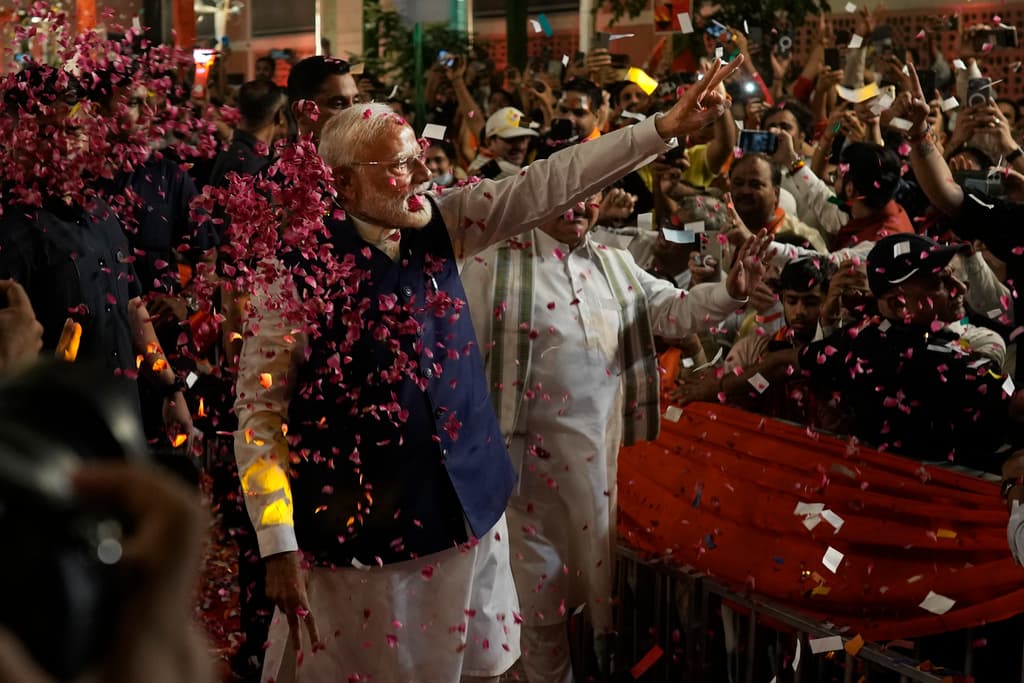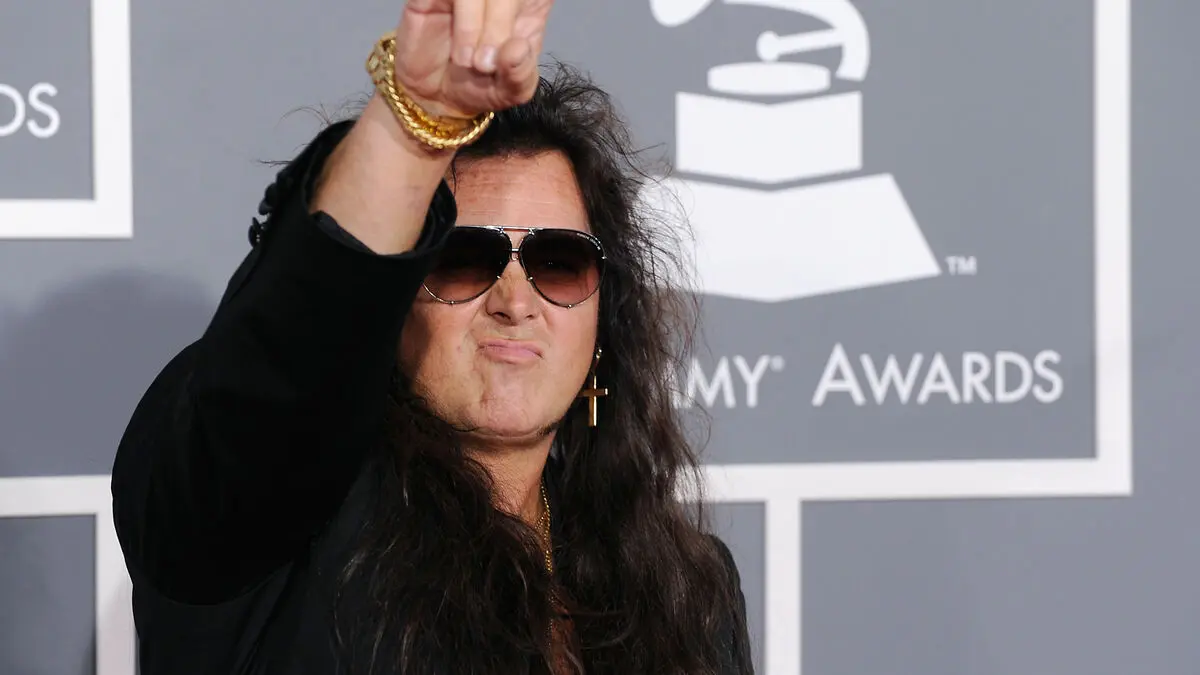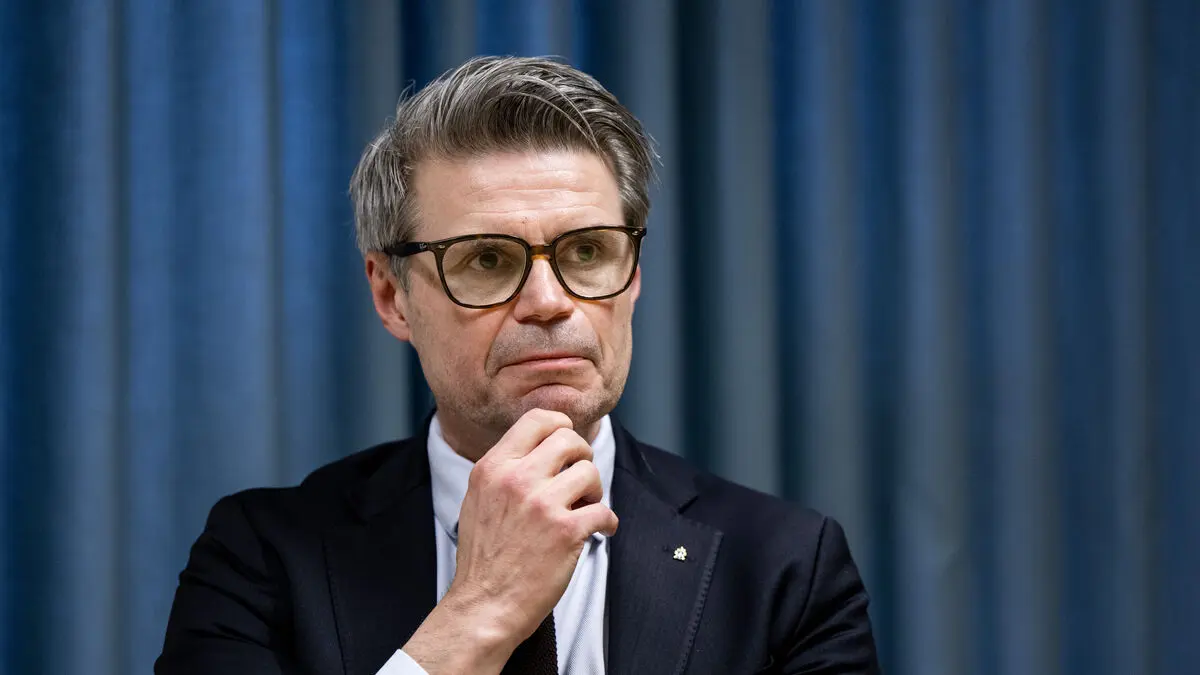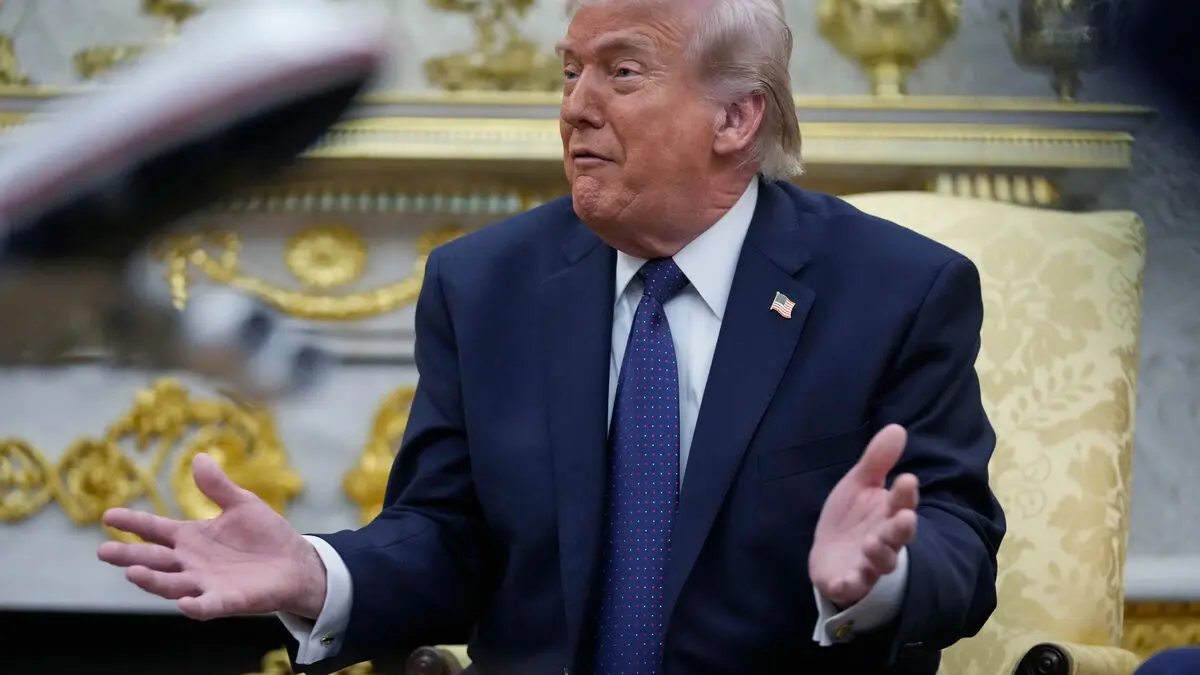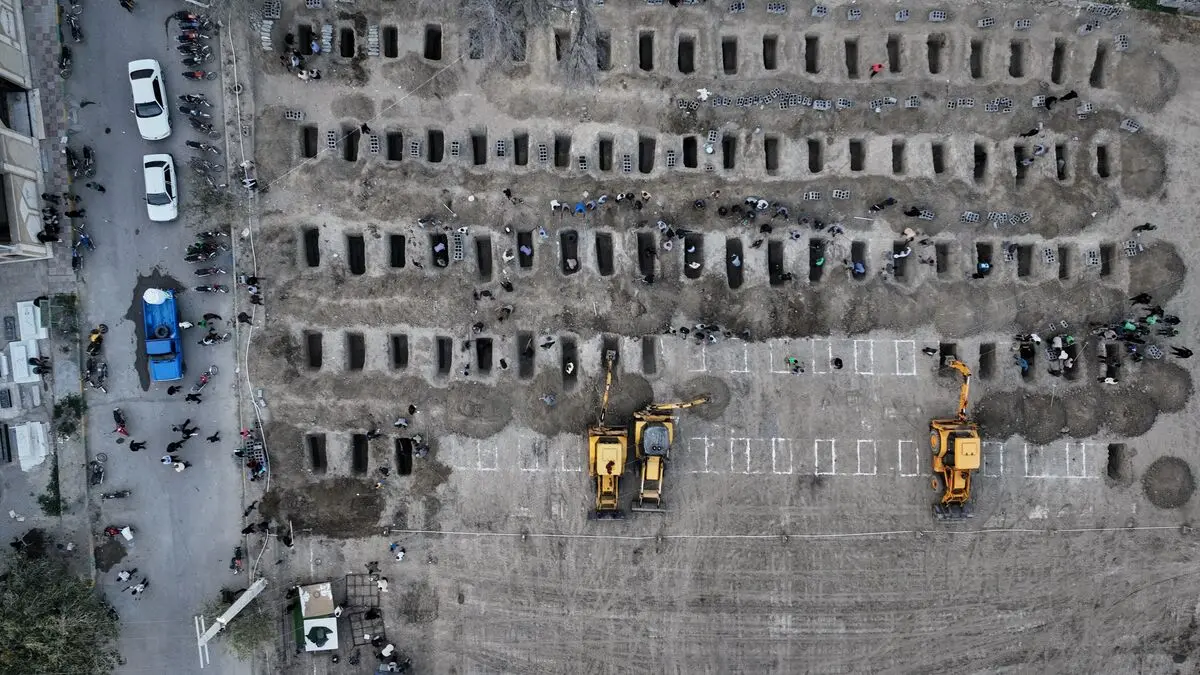Prime Minister Narendra Modi and his coalition won the massive election in India – but for the first time, Modi's party did not have a majority on its own.
And opposition leader Rahul Gandhi is breathing optimism.
Hindu nationalist Modi and his party BJP's alliance NDA targeted 350 parliamentary seats and a continued large majority.
But it was almost a fight to be able to govern at all. According to Wednesday's official results, NDA took home "only" 294 electoral districts.
This is enough for a majority in the lower house of the 543-seat Lok Sabha, but the Hindu nationalist BJP fails to do so on its own, which was expected.
Despite this, Modi described the result as a great victory for his alliance and the country in his election rally.
Most people, however, interpret the numbers differently. BJP loses over 60 seats. This is the first time since the party took power in 2014 that it has not had a majority. At the same time, the Congress Party, the largest opposition party, is growing.
Leader Rahul Gandhi – son, grandson, and great-grandson of former prime ministers – says at a press conference:
Modi's disappointment is reflected, among other things, on the Bombay Stock Exchange. The index fell sharply on Tuesday, and companies linked to Modi's regime plummeted the most. The business empire of the wealthy Gautam Adani, a good friend of Modi from his home state of Gujarat, fell 25 percent.
The number of voters makes India's election the largest in world history. Over a tenth of humanity, 970 million people, were eligible to vote. With a turnout of 66 percent, the number of votes cast was 642 million.
Born in 1950 in Gujarat. Sold tea together with his father in his young years.
Became 18 years old and was married to 17-year-old Jashodaben. But just a few months later, he left his wife and hometown. Instead, Narendra Modi traveled to various ashrams, isolated places for Hindus, and joined Hindu nationalist organizations.
He has never formed a family, but acknowledged for the first time in the 2010s that he was married. However, it is emphasized by his supporters that he has no children – a kind of insurance – so that Modi's rule would not, like the famous Gandhi family, become a dynasty.
Served as chief minister of the state of Gujarat from 2001 to 2014. He has been accused of ordering the police to be passive during a massacre of around 1,000 Muslims in 2002. However, he was ultimately acquitted by the Supreme Court.
Prime Minister since May 2014.
Source: Indian media
Since the population has grown since last time (2019), this year's election in India is the largest in human history.
This is such a large apparatus to organize the election that voting in different parts of the vast country was spread over almost six weeks, from April 19 to June 1.
The election concerns the lower house of the Indian parliament, the Lok Sabha, which has 543 members.
The term of office is five years. The two previous elections were held in 2014 and 2019. Both times, Narendra Modi and his BJP, leading the NDA alliance, won.
The main competitor for power has been an alliance called India (Indian National Developmental Inclusive Alliance), led by the Congress Party, which previously ruled the country for several decades.

